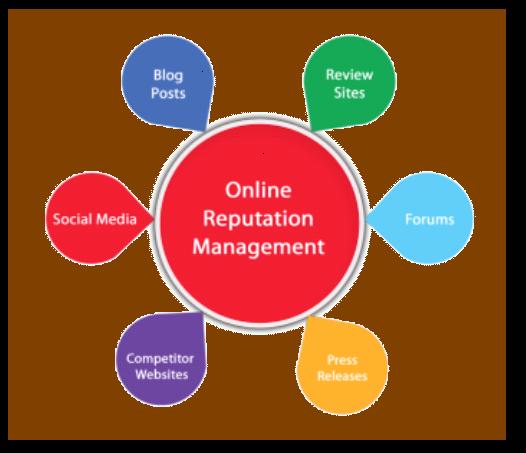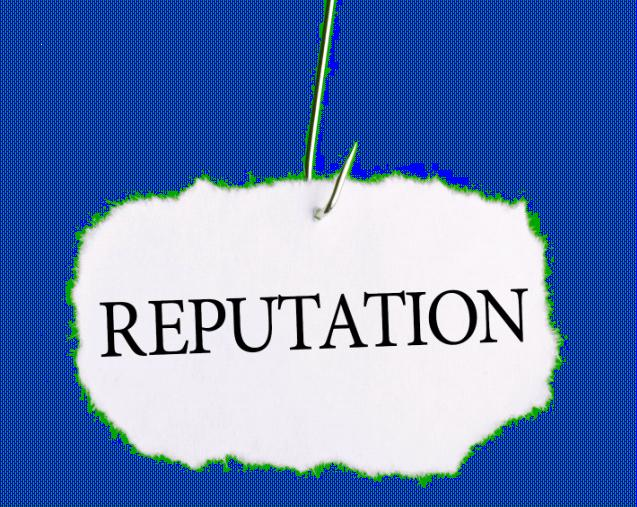 One of the most important aspects of any platform is to get people to engage in your content. I think most of us already know that likes on a Fan page, readers to a blog, or viewers to a video is great. But, to actually get people to comment and like posts on Facebook, comment on a blog and ask questions, and reply to your videos is a whole other ball game. Engagement is considered the Holy Grail of content because it’s great to have, but sometimes hard to get. Below, we will be discussing an array of ways to get your readers, fans, viewers, etc. to engage in your content a little more. Note: This is an article about more than just blogs, just fan page posts or just videos, it’s about various platforms.
One of the most important aspects of any platform is to get people to engage in your content. I think most of us already know that likes on a Fan page, readers to a blog, or viewers to a video is great. But, to actually get people to comment and like posts on Facebook, comment on a blog and ask questions, and reply to your videos is a whole other ball game. Engagement is considered the Holy Grail of content because it’s great to have, but sometimes hard to get. Below, we will be discussing an array of ways to get your readers, fans, viewers, etc. to engage in your content a little more. Note: This is an article about more than just blogs, just fan page posts or just videos, it’s about various platforms.
Inbound marketing is one of the most important things these days when it comes to having a business or a website online. People are much smarter in 2015; they know what they want,they know that they should research the product or business or service and they know that buying something is less about impulse buying and more about finding the best option for their needs. While SEO on your website IS important and always will be, inbound marketing – i.e. marketing off of your website, is also going to be an important option for every business owner out there. If you have not considered something like PPC or pay per click for your website or business yet, perhaps its time to start thinking about it more. PPC is a great option for inbound marketing and here are a few reasons why:
 When it comes to reputation management strategies – either burying bad posts or creating new positive posts about your business or even yourself, there are quite a few ways of going about this. Reputation management (the bad) is mostly put into use when someone has said something negative about you or your business and you want to “bury” it (true or not true). On the other hand reputation management (good) is about creating a web presence about your or your business in a positive manner. Because this can be a negative or positive experience, below we will be going over each of these facets as well as different strategies you can use for these options.
When it comes to reputation management strategies – either burying bad posts or creating new positive posts about your business or even yourself, there are quite a few ways of going about this. Reputation management (the bad) is mostly put into use when someone has said something negative about you or your business and you want to “bury” it (true or not true). On the other hand reputation management (good) is about creating a web presence about your or your business in a positive manner. Because this can be a negative or positive experience, below we will be going over each of these facets as well as different strategies you can use for these options.
 When it comes to having a website or a business online, you can’t always make everyone happy. It’s unfortunate, but true. You could be in business for 10 years and run into people (especially online) that want to say derogatory things against you or your company – even if it’s not true. In the case of things being said about you, it can and probably will hurt your business or even you personally. It might not affect every person that comes into contact with a negative review about you or your business but once in a while you may lose customers because of a bad review or comment about you or your business. This can be a really tough thing to deal with – even if you do have thick skin. Thankfully there is something you can do about it and its called Reputation Management. Wikipedia defines Reputation management as this: Reputation management is the influencing and/or control of an individual’s or business’s reputation. Originally a public relations term, the advancement of internet and social media use, along with reputation management companies, have made it primarily an issue of search results. If you want to know how to manage your reputation online, you must first SEE if there are any negative conversations, comments or reviews about you or your business online. In order to do this, you need to:
When it comes to having a website or a business online, you can’t always make everyone happy. It’s unfortunate, but true. You could be in business for 10 years and run into people (especially online) that want to say derogatory things against you or your company – even if it’s not true. In the case of things being said about you, it can and probably will hurt your business or even you personally. It might not affect every person that comes into contact with a negative review about you or your business but once in a while you may lose customers because of a bad review or comment about you or your business. This can be a really tough thing to deal with – even if you do have thick skin. Thankfully there is something you can do about it and its called Reputation Management. Wikipedia defines Reputation management as this: Reputation management is the influencing and/or control of an individual’s or business’s reputation. Originally a public relations term, the advancement of internet and social media use, along with reputation management companies, have made it primarily an issue of search results. If you want to know how to manage your reputation online, you must first SEE if there are any negative conversations, comments or reviews about you or your business online. In order to do this, you need to:
When you have a business blog or even something like a Web 2.0 site, you don’t expect the content to be fresh forever. You might have posts from 1 month ago, 1 year ago or 5 years ago that you want people to read, but they never do. After all, when you create a content site, you tend to put a lot of work into writing all of those posts; it’s kind of a shame that people don’t visit them anymore now that you have new stuff up, right? Fortunately, there IS a way for people to be led to that content from weeks, months or years ago; it’s called evergreen content. So what is evergreen content? It’s essentially a post or a piece of content that continues to gain search traffic long after it’s been posted. If you want to understand more about this type of content, how to use it to your advantage or how to create it, continue reading below!

Creating an SEO campaign is more than just keywords and seo, it’s so much more than that. In fact, when people are first starting an SEO campaign, they get so overwhelmed and stressed out they choose to hire an SEO Specialist in NJ to do all of the work for them and then step in at the last minute to take over. It’s alright if this is what you want to do, but I think as a business or website owner you should still be aware of what goes on behind the scenes, how everything works, and what all of these different terms and acronyms mean. Below, is a checklist of everything you either should be doing, if you are doing this alone, or should be aware of if you are hiring a Top SEO firm NJ to do it for you. It’s pretty long winded, but it’s all important information.

These days it seems like every other month Google is creating another update with some weird name.The pigeon update was not a name created by Google though; it really didn’t have a name in general, so marketers just decided to call it another animal name like all the others (Penguin, Panda, and the likes). This specific update was done on July 24th of this year and it sure it causing a lot of uproar amongst local SEO marketers. Originally no one really understood or had information on what this update was for or how it would effect people, but over the months more and more people are starting to understand just what this is and what it does.
If you do not have a website online where you sell products, there is no better time to start selling…
If you have a blog, chances are you work really hard on the content OR you spend money buying it from a writer. If this is the case, I highly doubt you want other people stealing your hard work and putting it on their website. Yet, this happens all the time sadly. It’s such an easy task. You find a site you like that is relevant to yours. You copy the text, paste it into a document and put it on your website. It’s a shame really that stealing content is so easy for people. If you don’t want your content stolen that you worked so hard on or if you have had this happen to you before (which is very disheartening) then there are a few things you can do to try to stop it. I say “try” because you cannot 100% make people stop stealing content. You can try blocking it, you can try a few precautions, you can even copyright the work, but there are still going to be jerky people out there looking for the easy way out.
If you are a smart business person, chances are you have a variety of social sites you belong to. You…


